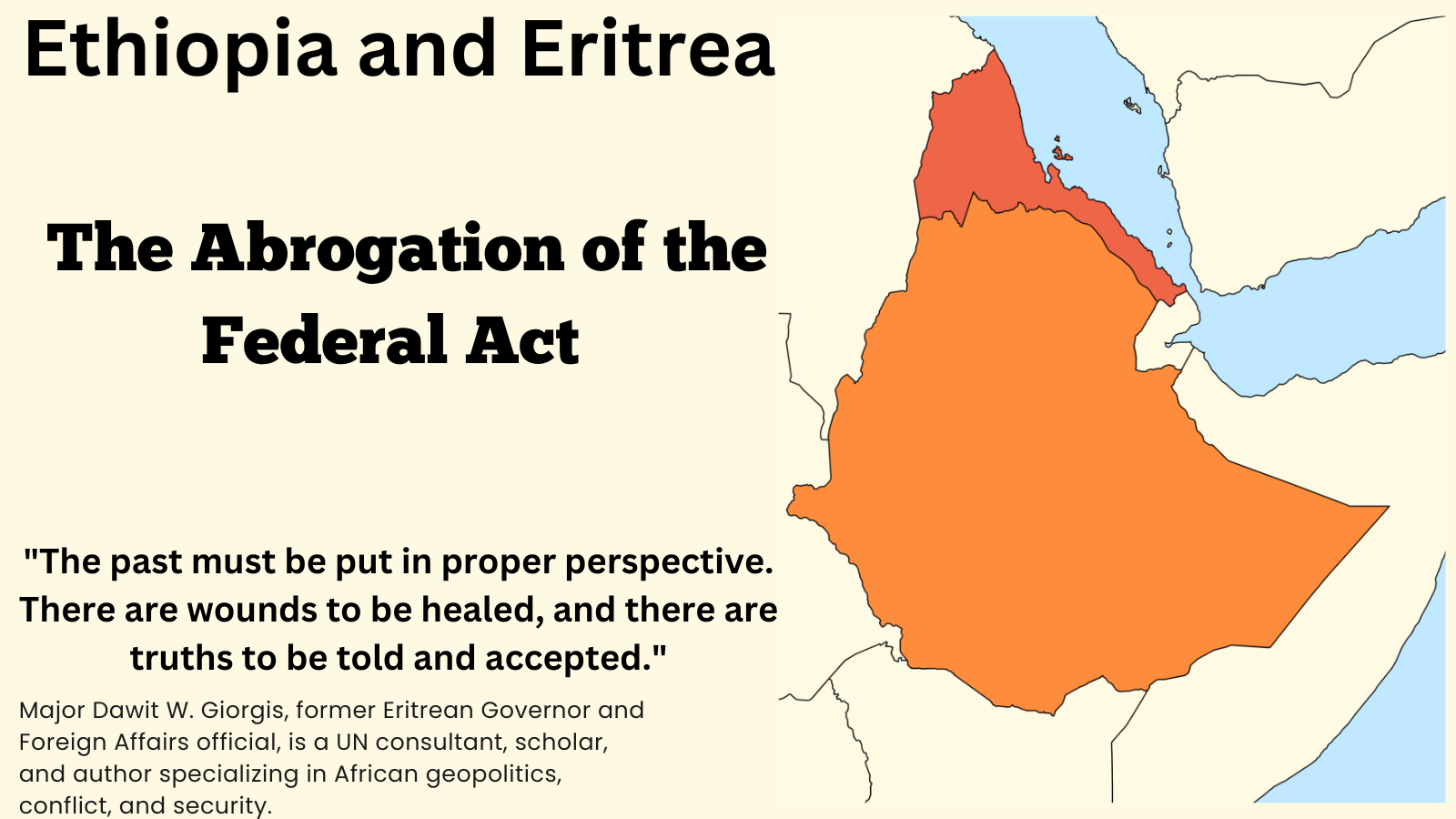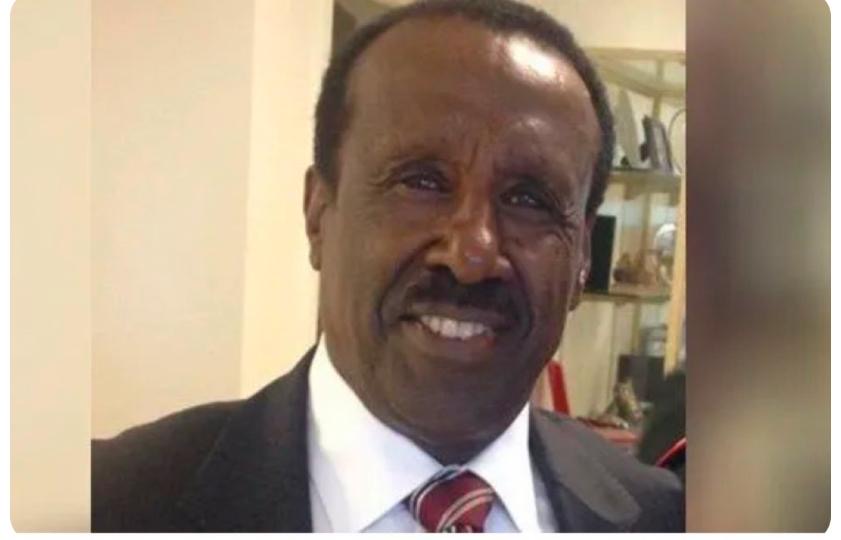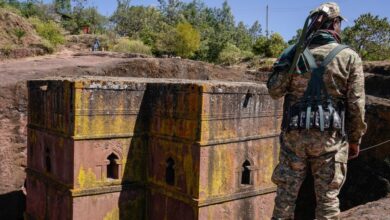Breaking News: Former Amhara Special Forces and Ethiopian Defense Force Commander General Tefera Mamo Confirmed to Join Fano Resistance
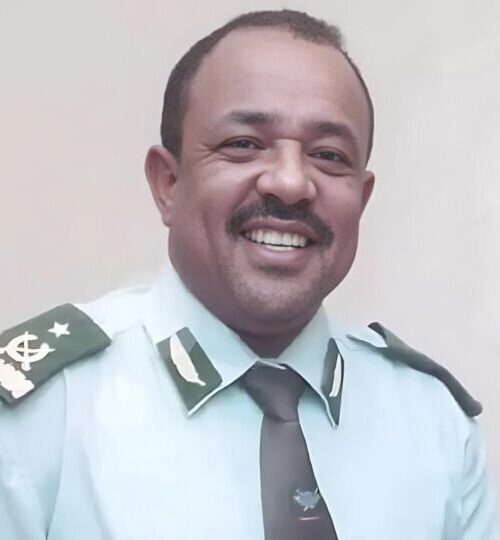
In a startling development, General Tefera Mamo, the former Commander of the Amhara Special Forces, has reportedly joined the Fano resistance. This news comes after General Tefera did not return home to Addis Ababa following a church visit on Sunday. His spouse, Menene, confirmed via social media on Monday that he had not come home and had left his phone behind.
General Tefera’s Disappearance and Alignment with Fano
Sources connected to the Amhara region suggest that General Tefera has joined the Fano resistance, although it remains unclear which front he has joined. Notably, General Tefera has been suffering from leg pain due to bullet wounds and had been recommended to seek medical treatment abroad. However, for nearly two years, the Ethiopian government has denied him an exit visa to Israel.
General Tefera’s Military Background
With over forty years of service in the Ethiopian Defense Force, including a tenure as Brigadier General, General Tefera’s career has been marked by significant events.
He served as the provisional ASF commander during the 2021 invasion of Amhara, following the removal and death of Abere Adamu. His leadership during this critical period is a testament to his dedication to the Amhara cause.
In May 2022, General Tefera was arrested after an interview with Feteh during a mass crackdown on Amharas. This arrest highlighted the government’s sensitivity to criticism and its aggressive stance against dissenting voices. Despite the risks, General Tefera continued to speak out against the government’s actions. In April 2023, he gave an interview opposing the dismantling of the Amhara Special Forces, further solidifying his position as a vocal advocate for his people.
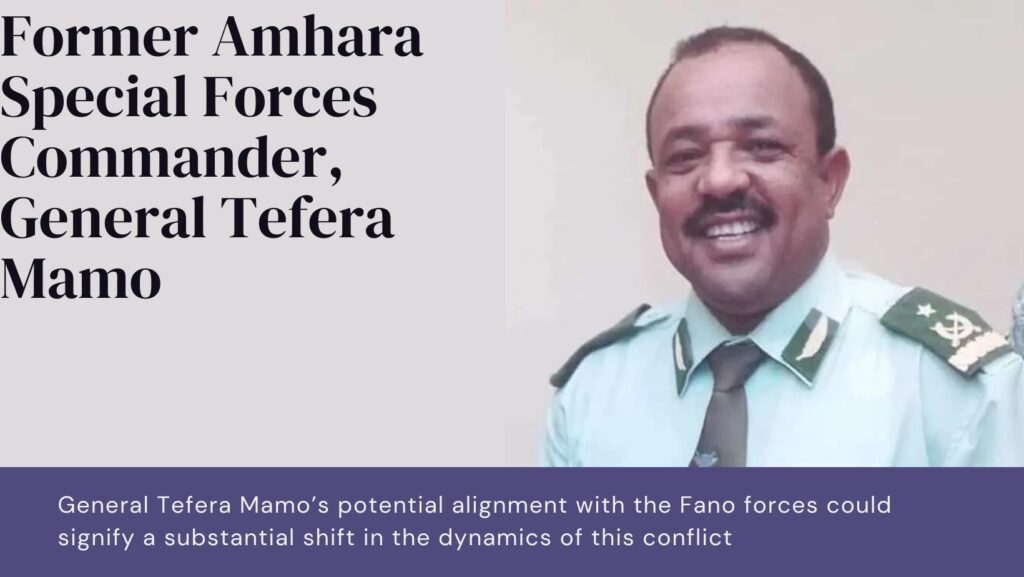
General Tefera’s Criticism of Government Actions
General Tefera has been a vocal critic of the massacre of ethnic Amhara in various parts of Ethiopia and has openly condemned TPLF aggression. Although there is no definitive confirmation of his alignment with the Fano forces—who are resisting the Abiy Ahmed government to counter the “existential threats” faced by the Amhara people—his recent disappearance has sparked widespread concern and speculation.
Given the Fano fighters’ astounding accomplishments over the past year, with control of 85% of the Amhara region, the involvement of seasoned military leaders like General Tefera Mamo could further intensify the struggle.
The Broader War on Amhara
This development is set against the backdrop of a broader and intense war between the Ethiopian federal government and the Amhara region. The Amhara people have faced escalating violence and displacement, which many attribute to federal policies and actions. The Ethiopian government, led by Prime Minister Abiy Ahmed, has been accused of not only failing to protect the Amhara population but also contributing to their suffering through military and political maneuvers.
The Rise of the Fano
The Fano, an Amhara resistance force, has gained prominence as they resist what they describe as genocide and existential threats to their people. Engaged in armed conflict with federal forces, the Fano seek to defend their land and community. Their primary objective is the survival of the Amhara people, who are facing a war initiated by the Abiy regime under a state-of-emergency law that bears chilling echoes of ethnic persecution
Implications of General Tefera’s Alleged Defection
General Tefera Mamo’s potential alignment with the Fano forces could signify a substantial shift in the dynamics of this conflict. Given his extensive military experience and leadership within the Amhara Special Forces, his involvement could bolster the Fano’s capabilities and morale. His disappearance and rumored defection highlight the ongoing volatility and fragmentation within Ethiopia, as regions and ethnic groups struggle for autonomy and survival against perceived oppressive federal actions.
This developing story underscores the complexities and deep-seated issues within Ethiopia’s political and social landscape. The potential shift in alliances and the increasing prominence of resistance groups like the Fano suggest that the war in the Amhara region is far from over. Given the Fano fighters’ astounding accomplishments over the past year, with control of 85% of the Amhara region, the involvement of seasoned military leaders like General Tefera Mamo could further intensify the struggle.

